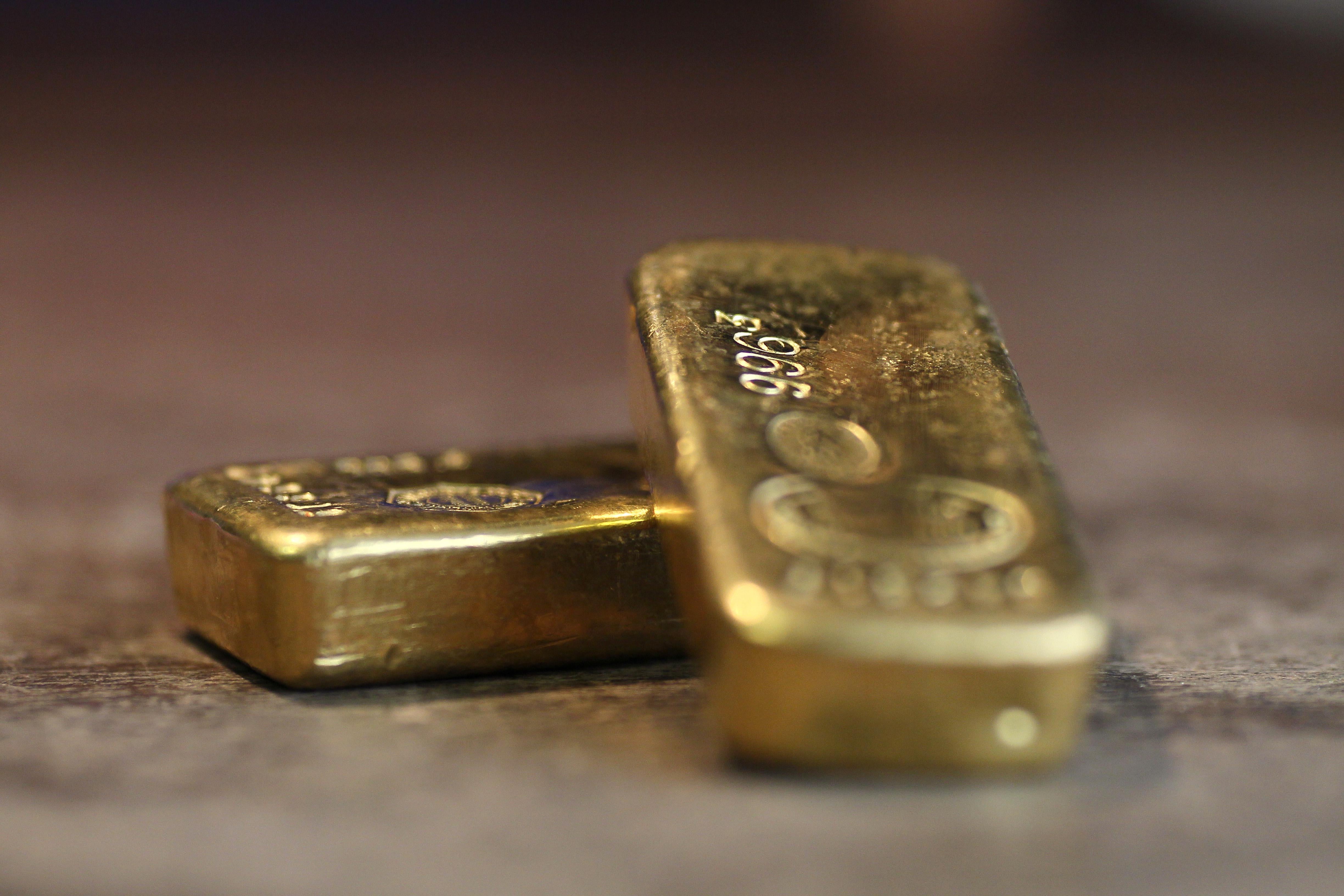Given the past five years of unusually low inflation and unusually low employment relative to the size of the population, the only sensible question to ask about monetary policy is whether the Federal Reserve has done enough to support aggregate demand and economic growth. Instead, the libertarian Cato Institute is sending out invitations to a November conference dedicated to talking about the gold standard:
CATO’S 31ST ANNUAL MONETARY CONFERENCE — WAS THE FED A GOOD IDEA? — will bring together some of the world’s leading scholars and policymakers to consider the record of the Federal Reserve since its establishment in December 1913. The Great Depression left a black mark on the nation’s central bank and the Great Recession has vastly expanded the bank’s powers. In 1913, the dollar was defined in terms of gold. Today we have a pure fiat money and the Fed is the largest buyer of U.S. public debt, enabling the federal government to live beyond its means. Would we have been better off adhering to the rules of a gold standard? This conference will address that issue by examining the regulatory record of the Fed, discussing the constitutional basis for adhering to a convertibility principle, and by making the case for a National Monetary Commission to consider alternatives to the current regime.
The idea that Fed purchases of treasury bonds are specifically “enabling the federal government to live beyond its means” is a total fallacy. You of course could imagine a situation in which fiscal and monetary authorities teamed up to finance otherwise unworkable public expenditures, but what you would have in that situation would be inflation. If anything what’s happening today is the reverse of what Cato is suggesting. Signals from the Fed that people should anticipate a low rate of nominal growth in the future depress interest rates and make large budget deficits viable.
More broadly, the affinity between free market economic thinking and hard money is an interesting and important phenomenon. It’s far from universal—Milton Friedman was obviously a low taxes and deregulation guy. But I do think there’s a deep logic to it. Once you concede the fact that prosperity over both the long- and short-term depends in part on competent demand management from a powerful bureaucratic organization, then it’s difficult to resist the moral logic of redistribution regardless of the empirical merits of any particular government program. But there’s a deep yearning to give the case for free markets a profound moral reading rather than a pragmatic one, and that reading is hard to maintain in the face of a modern monetary system. Hence the hankering for gold.
